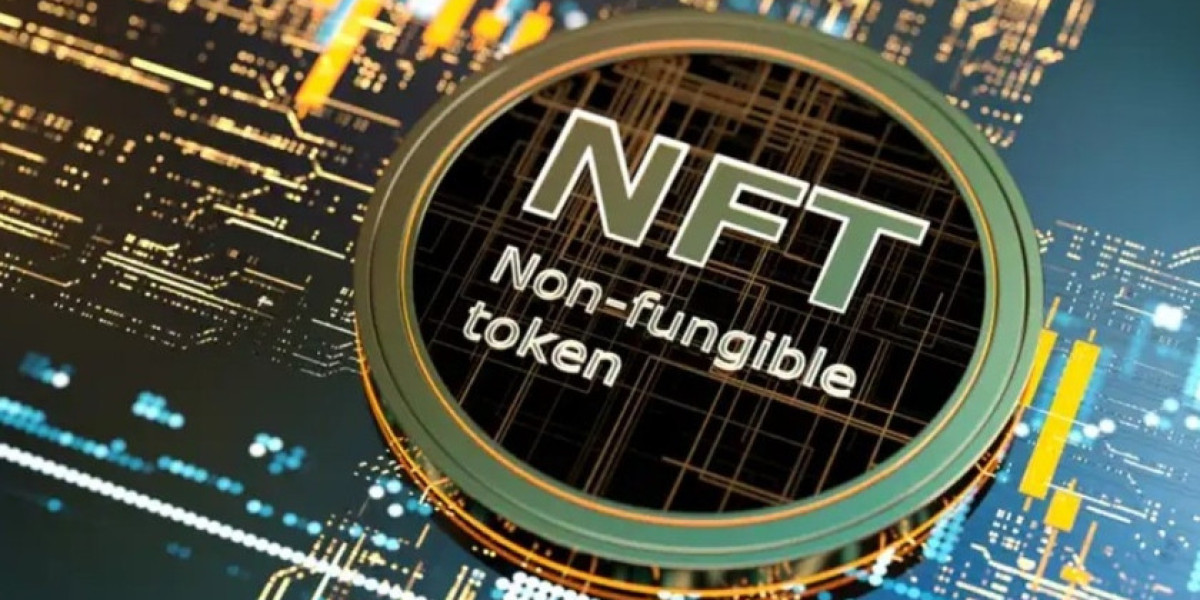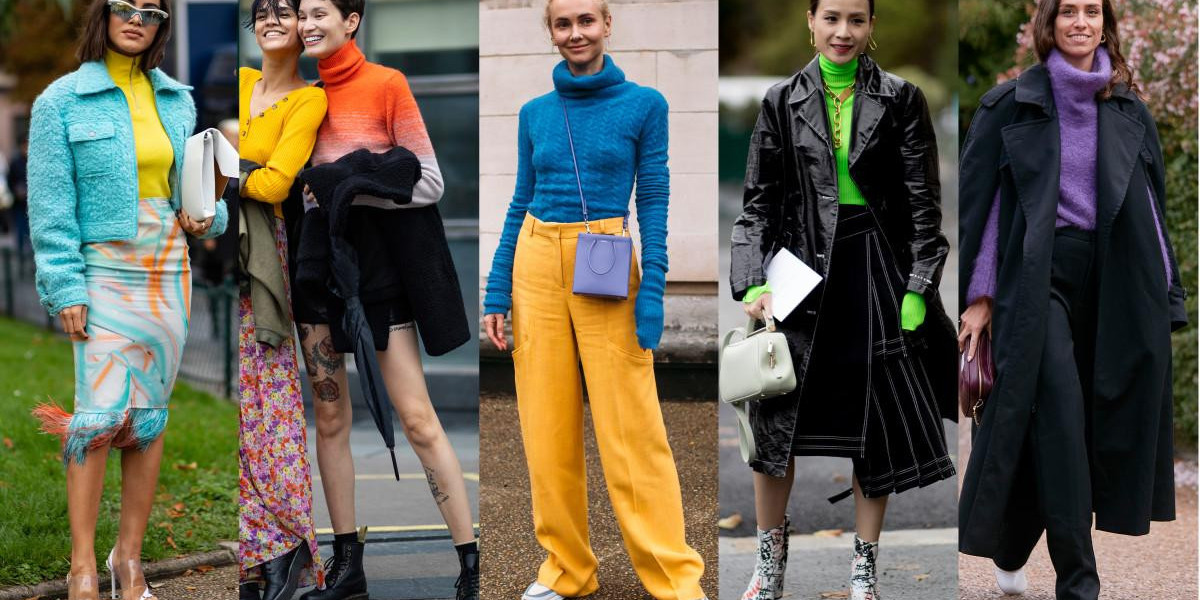The key to NFTs is their uniqueness. Unlike cryptocurrencies like Bitcoin, which are fungible and interchangeable, each NFT is one-of-a-kind. This characteristic is what makes them particularly attractive in the world of art and collectibles. Artists can tokenize their work on a blockchain, ensuring the authenticity and provenance of the piece, while collectors can buy, sell, or trade NFTs on various platforms.
One of the prominent platforms that support trading digital assets and cryptocurrencies, including NFTs, is https://hmstrexchange.com. This exchange offers users access to HMSTR Coin, among other assets, enabling them to explore the broader cryptocurrency space while engaging in NFT trading. As NFTs grow in popularity, platforms like this are becoming central to the digital economy.
NFTs have unlocked new possibilities for creators, allowing them to bypass traditional gatekeepers like galleries and auction houses. Digital artists can now sell their work directly to collectors through NFT marketplaces, earning royalties every time their artwork is resold. This marks a radical shift in the art world, where artists previously had little control over the resale of their works.
However, the rise of NFTs hasn’t been without controversy. Critics argue that the environmental impact of blockchain technology, particularly the energy consumption required to mint NFTs, is a major concern. Many blockchain networks, like Ethereum, operate on a proof-of-work system, which requires massive amounts of electricity to validate transactions. To mitigate this, some NFT platforms are exploring more sustainable alternatives, like proof-of-stake blockchains that consume far less energy.
The debate over the environmental impact of NFTs underscores a larger discussion about the future of blockchain technology. As more industries, including art, gaming, and fashion, adopt blockchain for various purposes, the need for sustainable solutions will become even more pressing. Exchanges like https://hmstrexchange.com are poised to benefit from this shift by offering access to eco-friendly blockchain projects and ensuring that the digital economy remains both innovative and responsible.
For collectors, the appeal of NFTs lies not just in owning unique digital assets but also in the potential for financial gain. Early NFT buyers have seen significant returns on their investments as the market for digital art has skyrocketed. However, as with any speculative market, investing in NFTs comes with risks. The value of an NFT is often determined by factors like rarity, demand, and the reputation of the artist, which can fluctuate over time.
In addition to art, NFTs have made their way into other sectors, such as gaming and virtual real estate. In the gaming industry, players can buy, sell, and trade in-game assets as NFTs, granting them ownership of digital items that were previously controlled by game developers. Similarly, virtual worlds like Decentraland allow users to purchase virtual land and properties as NFTs, which they can develop, rent, or sell.
The future of NFTs is bright, but it’s also uncertain. While they offer exciting new opportunities for creators and collectors, the market’s volatility and the environmental concerns surrounding blockchain technology must be addressed for NFTs to become a sustainable part of the digital economy. Exchanges like https://hmstrexchange.com are helping to bridge the gap between traditional finance and this emerging sector, providing the infrastructure needed to support a thriving NFT marketplace.
As the technology continues to evolve, it will be fascinating to see how NFTs shape the future of creative industries. From empowering artists to redefining ownership in the digital age, NFTs are at the forefront of a cultural and financial revolution.








